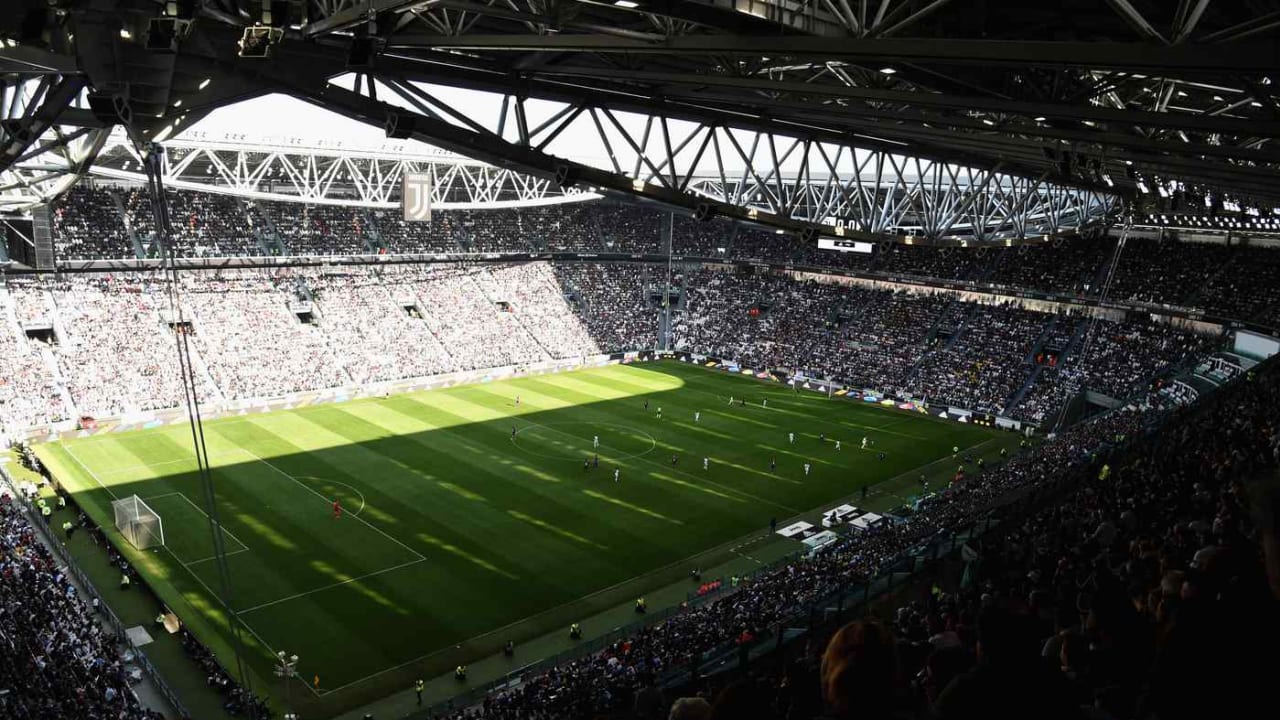Visible from Turin’s northern ring road, the Allianz Stadium is more than just Juventus’ home ground — it’s a pillar of the club’s long-term strategy, blending innovation with financial sustainability.
Once hailed as the embodiment of Juventus’ forward-thinking vision, the stadium now plays a central role in the club’s economic model. As football navigates ongoing financial pressures, the Allianz stands out as a consistent revenue driver — both matchday and beyond.
Rather than chasing larger capacity, Juventus has prioritized flexibility and revenue-per-seat. Recent adjustments include moving benches closer to the pitch to add VIP seating and introducing modular sections that can adapt to different events.
Since its 2011 opening, the stadium has generated roughly €800 million — a 90% increase compared to its first season. In 2024/25, it matched the record revenue year of 2018/19, when Cristiano Ronaldo debuted.
Looking ahead, Juventus aim to reach €100 million in annual stadium revenue. Key to this is enhancing the pre-match experience — inspired by clubs like Borussia Dortmund — by monetizing the time fans spend around the stadium.
The area already hosts 78+ non-football events annually, a figure expected to rise. In 2026, major concerts by Max Pezzali and Eros Ramazzotti are booked, reinforcing the stadium’s growing role as a year-round entertainment venue.
Juventus’ off-pitch appeal remains strong. The Serie A opener against Parma drew over 750,000 viewers on DAZN — the weekend’s top match — helping boost total platform viewership by 6% compared to last season’s start.
As Juventus continue to evolve, the Allianz Stadium remains central to both their identity and ambitions — not just as a football ground, but as a modern business engine designed to deliver lasting value.




